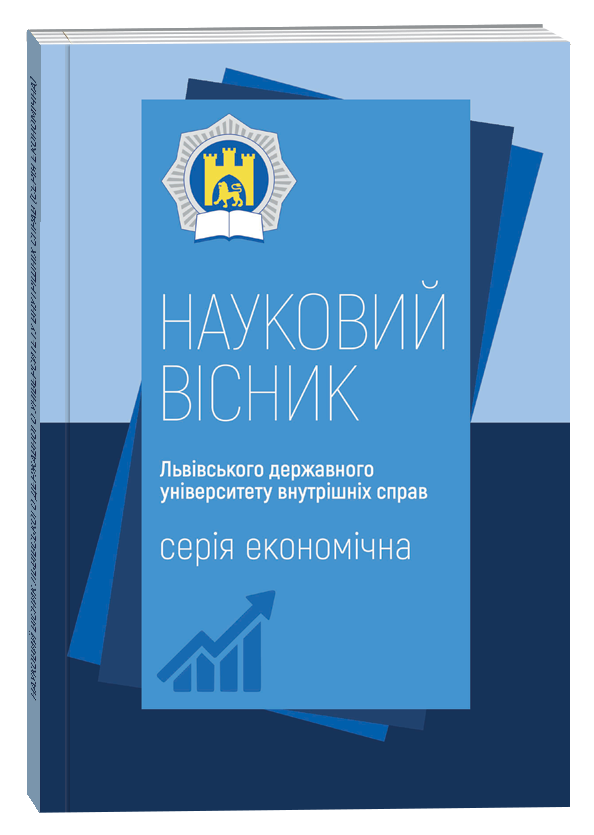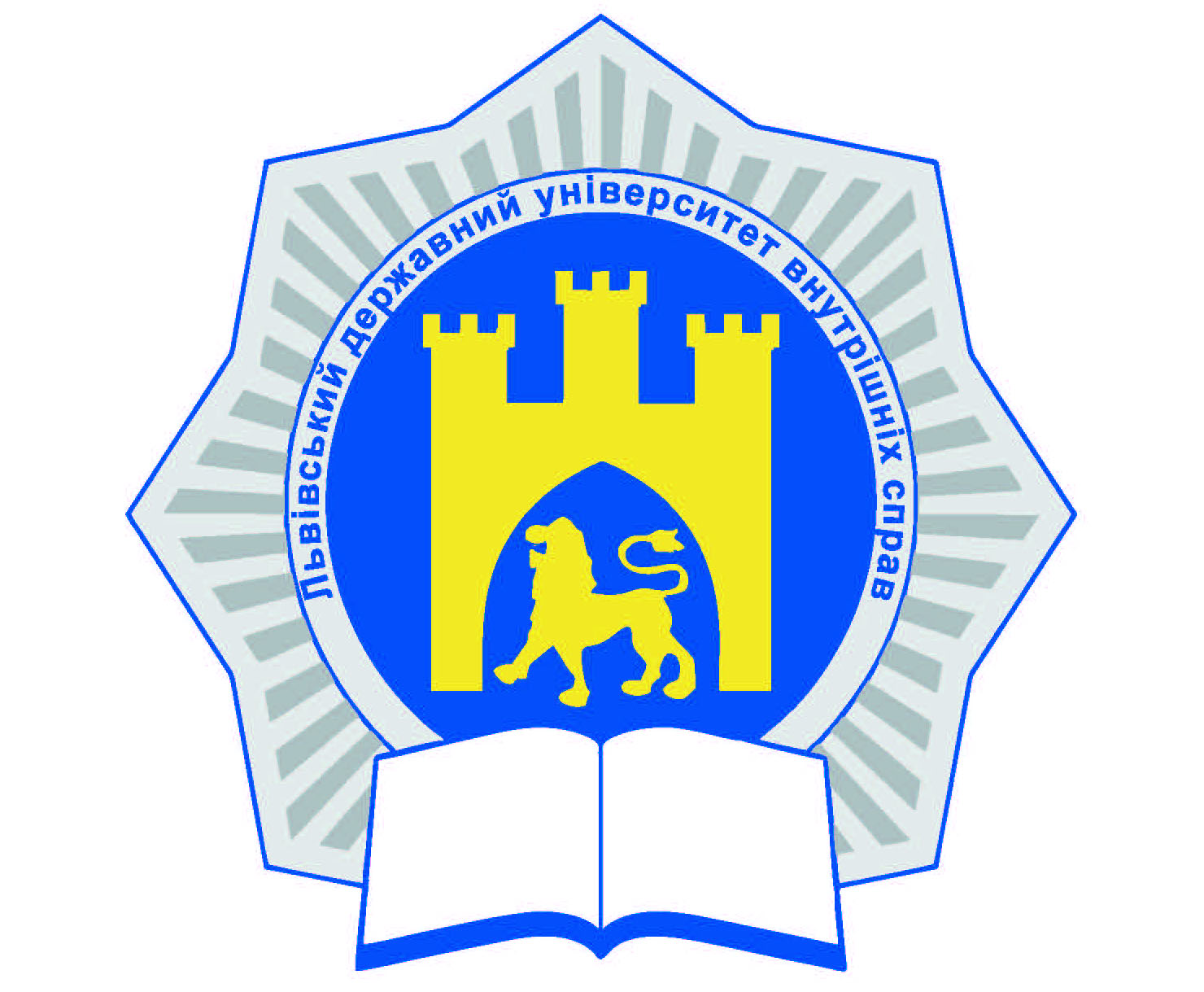ФОРМУВАННЯ ЕКОНОМІЧНОЇ БЕЗПЕКИ ЗАКЛАДІВ ВИЩОЇ ОСВІТИ
Ключові слова:
заклади вищої освіти, загрози, фактори, інтереси, освітні послуги, економічна безпекаАнотація
Системно проаналізовано підходи до розуміння поняття економічної безпеки закладів вищої освіти. Сформульовано особливості дослідження безпеки освітніх закладів як економічних та соціальних агентів. Запропоновано визначення економічної безпеки закладів вищої освіти як характеристики, яка забезпечує стійкість реалізації цілей з врахуванням інтересів та факторів функціонування. Проаналізовано інтереси, фактори, цілі та загрози функціонування сучасних закладів освіти. Аргументовано доцільність їх врахування у забезпеченні розвитку закладів вищої освіти.
Посилання
Карпова К. В. Вищий навчальний заклад приватної форми власності як обʼєкт економічної безпеки та субʼєкт освітньої господарської діяльності. Ефективна економіка. 2013. № 2. URL: http://www.econmy.nayka.com.ua
Снігир Л. П. Фактори загроз економічній безпеці вищих навчальних закладів. Економіка і суспільство. 2017. Вип. № 9. С. 648–649.
Коврегін В. В. Механізми забезпечення економічної безпеки вищих навчальних закладів. URL: http://www.irbis-nbuv.gov.ua/cgi-bin/irbis_nbuv/cgiirbis_64.exe?...2.
Гірняк В. В., Козьмук Н. І., Лукʼянська О. В. Фінансово-економічна безпека вищих навчальних закладів в умовах євроінтеграції вищої освіти України. Глобальні та національні проблеми економіки. 2014. № 2. C. 1038–1042.
Козаченко Г. В., Тюлєнєв Г. Д., Погорелов Ю. С. Економічна безпека вищого навчального закладу: підґрунтя забезпечення. URL: http://www.handle/PoltNTU/201
Малолетко А. Н. Экономическая безопасность вуза: структурное разрушение системы финансового обеспечения. URL: http://finanal.ru/007/ekonomicheskaya-bezopasnost-vuza-strukturnoe-razrushenie-sistemy-finansovogoobespecheniya
Бархатов В. Ю., Пугач В. Н., Алимова Н. К. Экономическая безопасность ВУЗа. URL: http://www.naukovedenie.ru/sbornik1/2-I.pdf
Стеців І. С. Економічна безпека ВНЗ: сутність та особливості планування. Вісник ЛНПУ. 2010. URL: http://ena.lp.edu.ua:8080/bitstream/ntb/10021/1/34.pdf





